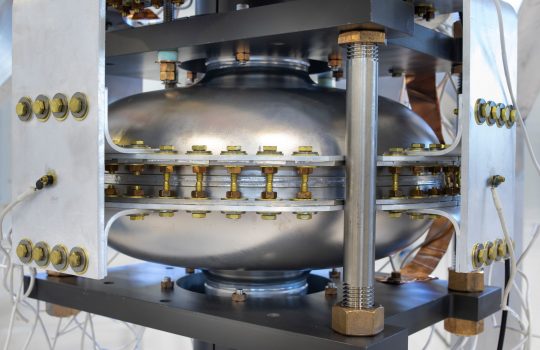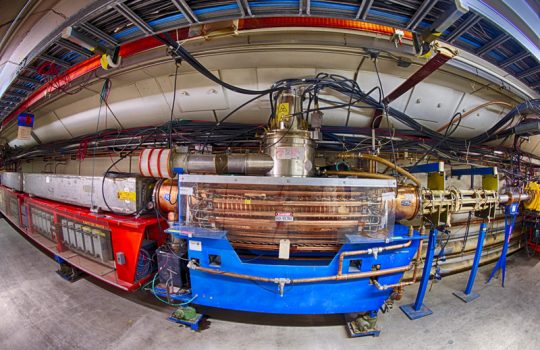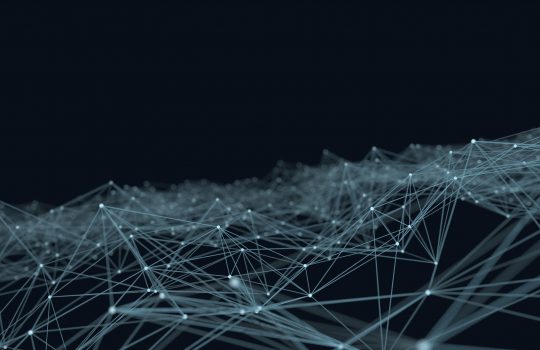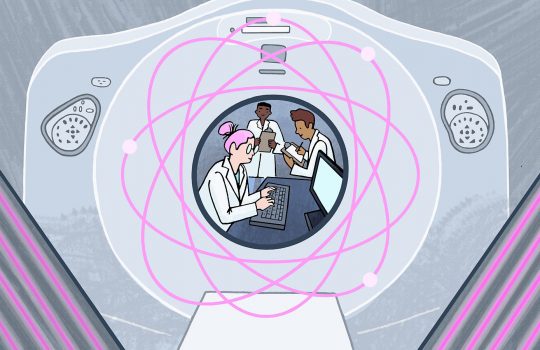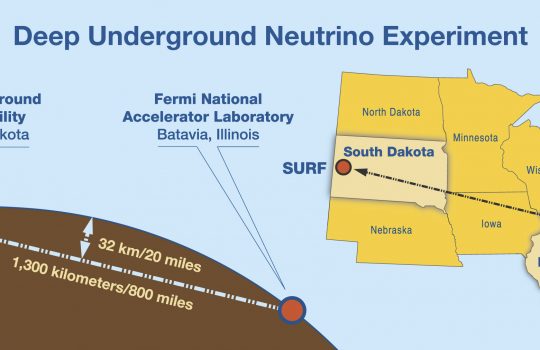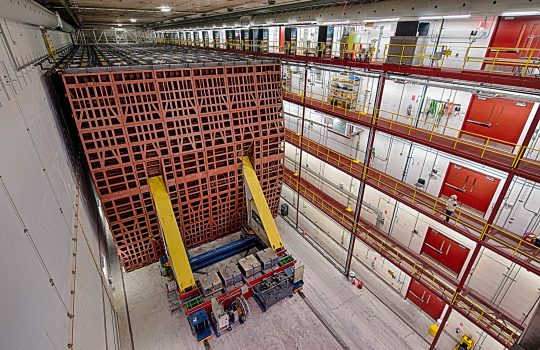Fermilab launches new institute for quantum science
Today Fermilab announces the launch of the Fermilab Quantum Institute, which will bring all of the lab’s quantum science and technology projects under one umbrella. This new enterprise signals Fermilab’s commitment to this burgeoning field, working alongside scientific institutions and industry partners from around the world. The laboratory will use particle physics expertise to kick-start quantum technology for computing, sensors, simulations and communication.



